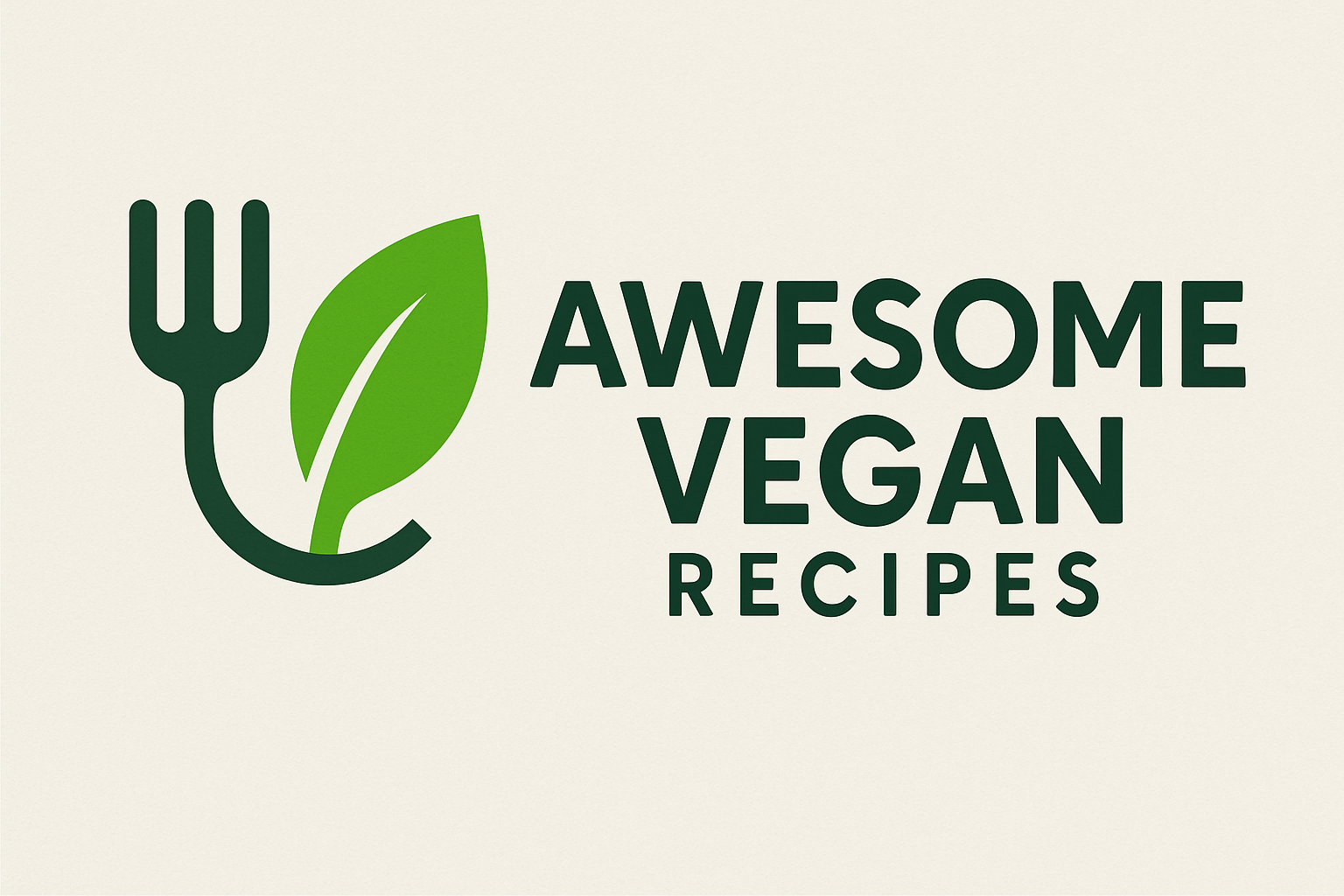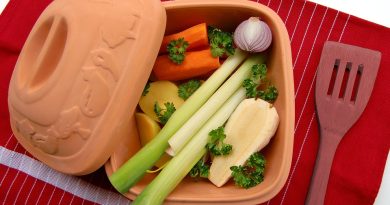Exploring Veganism: A Beginner’s Guide to Soy-Free Alternatives
Exploring Veganism: A Beginner’s Guide to Soy-Free Alternatives
As more people become mindful of their health, the environment, and animal welfare, veganism has gained popularity as a lifestyle choice. However, for those new to veganism, navigating the world of plant-based alternatives can be overwhelming. One common concern for beginners is finding soy-free alternatives. Fortunately, there are numerous options available to enjoy a well-balanced and delicious vegan diet without relying on soy products. In this beginner’s guide, we will explore some soy-free alternatives that provide all the nutrients you need to thrive on a vegan diet.
Understanding Soy-Free Veganism
While soy is a versatile and popular ingredient in many vegan products, some people choose to avoid it due to allergies, concerns about GMOs, or its potential impact on hormone levels. Luckily, there are plenty of other plant-based foods that can provide similar nutrients without relying on soy. By incorporating a variety of whole foods into your diet, you can ensure that you are getting all the essential nutrients without compromising your soy-free principles.
Protein-Packed Alternatives
Protein is a vital component of any diet, and many people worry that a vegan diet may not provide enough of this essential nutrient. However, there are plenty of soy-free alternatives that can help you meet your protein needs. Quinoa, lentils, chickpeas, black beans, and edamame are excellent sources of plant-based protein. You can also incorporate nuts and seeds like almonds, chia seeds, hemp seeds, and pumpkin seeds into your meals to add protein and healthy fats.
Dairy-Free Alternatives
If you are looking for soy-free alternatives to dairy products, there are many options available on the market. Coconut milk, almond milk, oat milk, and cashew milk are popular substitutes for cow’s milk in recipes and beverages. Vegan cheese made from nuts or coconut oil can also provide a creamy and cheesy replacement for traditional cheese. Coconut yogurt, almond yogurt, and cashew yogurt are delicious alternatives to dairy-based yogurt that can be enjoyed on their own or in recipes.
Egg Replacements
Eggs are a common ingredient in baking and cooking, but there are plenty of soy-free alternatives that can replace eggs in recipes. Chia seeds, flaxseeds, and aquafaba (the liquid from canned chickpeas) can be used as egg substitutes in baking. Silken tofu can also be blended to create a creamy texture that mimics eggs in dishes like quiches and scrambles. For binding purposes, mashed bananas or applesauce can be used as substitutes for eggs in recipes like pancakes and muffins.
Meat Alternatives
If you are looking for soy-free alternatives to meat, there are plenty of plant-based options available. Tempeh, made from fermented soybeans, can be replaced with tempeh made from other legumes like black beans or chickpeas. Seitan, also known as wheat meat, is a high-protein meat substitute made from wheat gluten that can be used in stir-fries, sandwiches, and burgers. Jackfruit, a tropical fruit with a meaty texture, can be used as a substitute for pulled pork or shredded chicken in recipes.
Navigating Restaurants and Meal Planning
When dining out as a vegan, it can be challenging to find soy-free options on the menu. However, many restaurants are beginning to offer plant-based alternatives that cater to soy-free diets. By informing the server about your dietary restrictions, you can often find suitable options that meet your needs. Additionally, meal planning and preparing meals at home can help you ensure that you are consuming a well-balanced and soy-free diet. By stocking your pantry with a variety of whole foods and experimenting with new recipes, you can enjoy a delicious and nutritious vegan diet without relying on soy products.
In conclusion, exploring veganism as a beginner can be a rewarding journey that opens up a world of delicious and nutritious plant-based alternatives. By incorporating soy-free options into your diet, you can enjoy all the benefits of a vegan lifestyle without compromising your dietary preferences. By experimenting with different ingredients and recipes, you can discover a whole new world of flavors and textures that will nourish your body and soul. So, embrace the soy-free alternatives mentioned in this guide and get ready to embark on a fulfilling and sustainable vegan journey.






